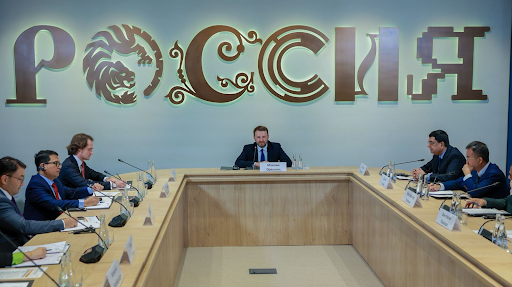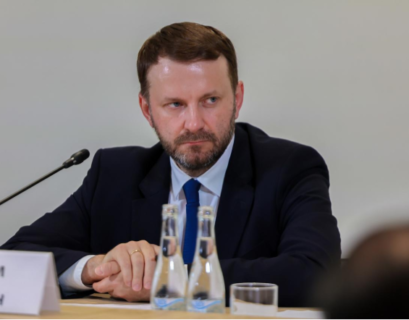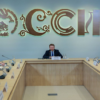Connectivity Without Intermediaries: What Unites BRICS, Asia, and the Global South
The World Majority Builds a New Economy: Key Ideas from the Open Dialogue
In Vladivostok, a discussion on new financial and investment solutions for countries of the World Majority was held as part of an Open Dialogue at the branch of the National Centre “Russia”. The session was moderated by Maxim Oreshkin, Deputy Head of the Administration of the President of the Russian Federation.
During the third discussion block on “New Financial and Investment Mechanisms for the World Majority,” participants emphasized that in a changing global economy, sustainability cannot be ensured without digital integration and the development of compatible payment systems.
Rupa Chanda, Director of the Trade, Investment, and Innovation Division at UN ESCAP, stressed that the digitization of financial settlements cannot be considered in isolation from other processes.
“Financial solutions must be embedded in a broader ecosystem — trade, investment, logistics. Initiatives for the digitization of trade and financial flows, as well as the implementation of ‘smart’ logistics, already exist and need to be integrated into a single whole,” the expert stated.
This approach will allow Global South countries not only to increase the efficiency of settlements but also to strengthen their positions in international trade.
Furthermore, she noted that digitalization and new technologies, including blockchain, can play a significant role in creating interoperable systems and alternative financial mechanisms. At the same time, she emphasized, the digitization of settlements cannot be viewed in isolation.
According to her, this is especially important because the majority of cross-border payments are directly linked to trade and investment flows. “If we manage to embed financial settlement mechanisms into the overall digital agenda, the effect will be significantly greater,” Rupa Chanda emphasized.
Speaking at the session, Dr. Teguh Yudo Wicaksono noted that the Asia-Pacific region faces a serious challenge. According to him, the region’s economy is largely dependent on trade and markets, and in recent years, countries have already gone through harsh lessons in surviving crises.
“We have learned difficult lessons related to the challenges of dependence on a single currency as the main means of payment,” he emphasized.
The consequences of this approach have been extremely tangible, which is why new strategies are being proposed today, some of which are already being discussed in Arab countries as well.
During his speech, Dr. Teguh Yudo Wicaksono from Indonesia reported that his country is concluding agreements with key trade partners — Malaysia, Vietnam, and China — to transition to settlements in national currencies.
“We are moving away from dollar dependence. It would be useful if digital payment methods were more widely adopted in Russia as well,” the speaker noted.
He added that about 38 small producers are currently united, which allows them to bypass undesirable global processes and build their own system.
“This strengthens the resilience of our economy,” the expert stated.
According to him, regional cooperation is especially important for Oceania and Asia-Pacific countries, playing a key role in ensuring cross-border transactions. Existing estimates show that already this year, the region could receive over $3 billion in revenue, representing growth of about 25%.
“The issues of cross-border payments show: Asia can serve as a model for practical solutions that help counter Western pressure,” Wicaksono emphasized.
In conclusion, he noted that economic independence is necessary, but it should be a complement to the overall global system:
“Only this way can efficiency, liquidity, and stability be ensured.”








